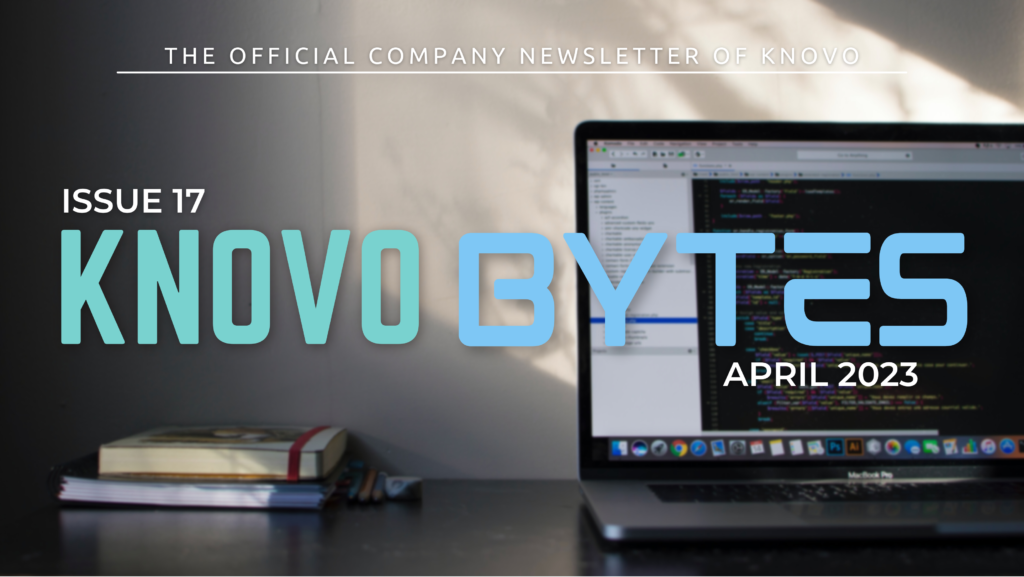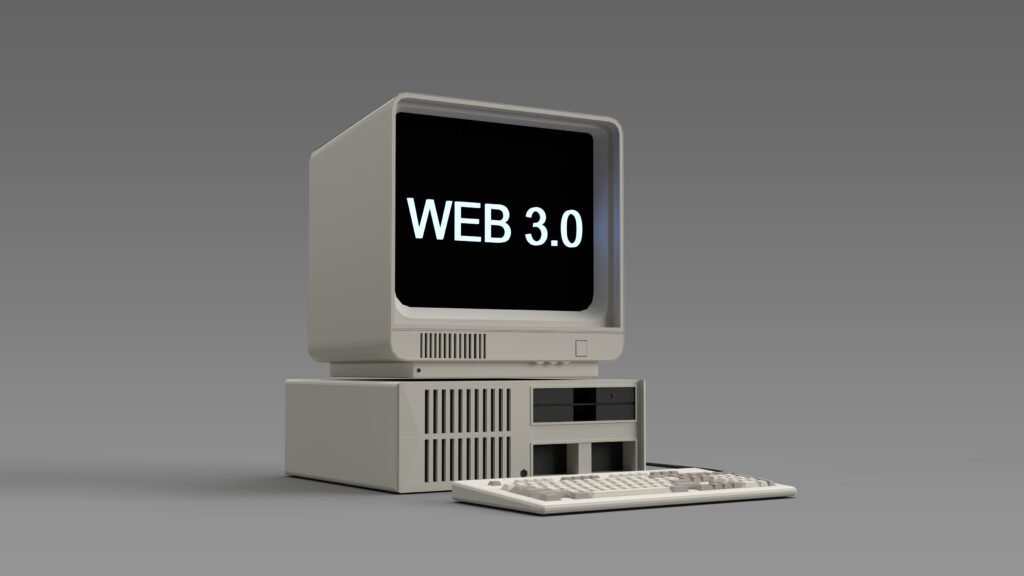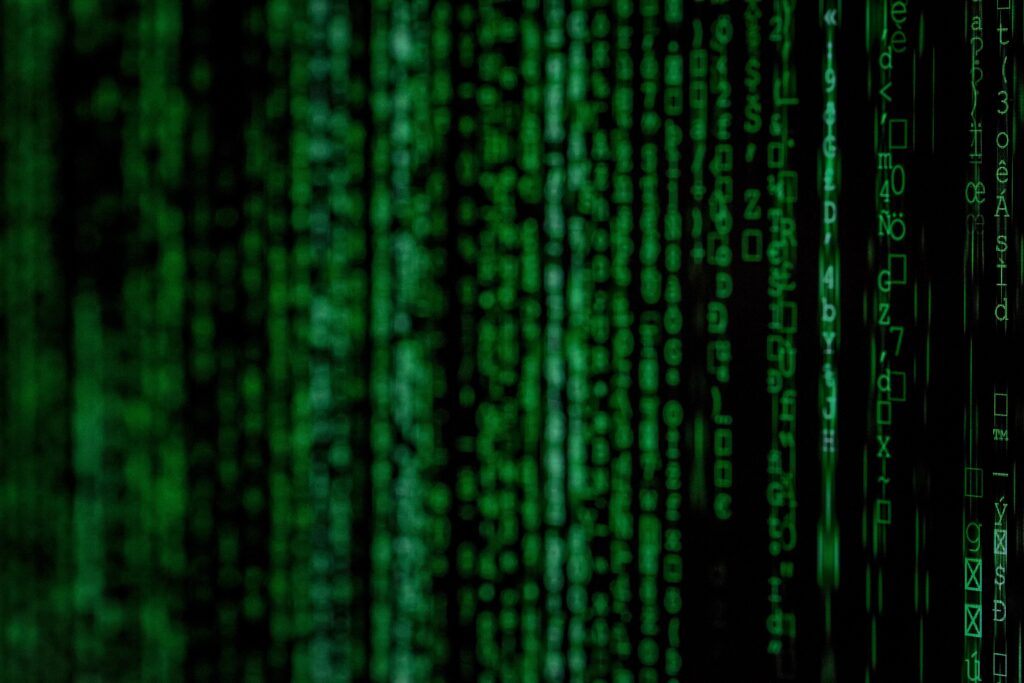
Welcome to the company newsletter for Knovo Bytes where we strive to bring you the latest news and developments in the technology industry. In this issue, we focus on the integration of Web 3.0 integrated in education technology. As the internet continues to evolve, it is important to stay up-to-date with the latest advancements and how they can impact education.
Web 3.0 is the next generation of the internet, which is focused on enabling a more intelligent and connected web. It is characterized by the use of advanced technologies such as artificial intelligence, blockchain, and the Internet of Things (IoT). These technologies have the potential to revolutionize the way we live, work, and learn.
One of the key areas where Web 3.0 can make a significant impact is in education. Edutech is a term used to describe the application of technology in the field of education. The integration of Web 3.0 with edutech can bring about several benefits, including increased access to educational resources, personalized learning experiences, and improved collaboration.

Web 3.0 can provide increased access to educational resources by leveraging blockchain technology. Blockchain is a decentralized and transparent ledger that can be used to store and share educational content. This means that educational resources can be easily accessed by anyone, anywhere in the world. In addition, the use of blockchain can ensure the authenticity and accuracy of educational content, as it cannot be altered or tampered with.
Since Web 3.0 is the next generation of the internet, it is safe to say that it will be more decentralized, secured, and it will also permit better user control over data. An important aspect of Web 3.0, is increased access to educational resources as it empowers individuals to gain the knowledge and skills that will be a part of the digital economy of today’s time. Not only that, it will also allow them to take advantage of the growing opportunities presented by these circulated technologies.
There are multiple companies that are targeting increased access to educational resources using Web 3.0 technologies which provide new ways to access, share, and collaborate on educational resources. A few to mention are:
Taking everything into consideration, these companies are using Web 3.0 technologies to create new ways for learners to access and collaborate on educational resources. These companies are allowing to make education more accessible, efficient, affordable, and comprehensive for learners around the world by accessing decentralized and transparent systems.
https://thegraph.com/en/
Web 3.0 can also enable personalized learning experiences. By leveraging artificial intelligence and machine learning, educational platforms can analyze the learning patterns of individual students and provide personalized recommendations. This can help students to learn at their own pace and in a way that suits their individual learning style.
Web 3.0 technologies also provide a range of tools and range that can be used to construct personalized learning experiences that are tailored to the needs and preferences of individual learners. To mention a few companies that are using web 3.0 for personalized learning experiences:

These companies are using web 3.0 technologies to create personalized learning experiences that are tailored to the needs and preferences of individual learners. We can assume that these companies are helping learners to make learning more engaging, interactive, effective, and accessible for every individual to access educational resources and turn so to a personalized learning experience.
https://skillchain.io/en/

Web 3.0 can also improve collaboration in education. By leveraging the power of the Internet of things, educational platforms can connect students and educators from around the world. This can facilitate collaboration, discussion, and the sharing of knowledge and ideas. In addition, the use of blockchain can enable secure and transparent communication and collaboration between students and educators.
Some companies have already started to integrate Web 3.0 with Edutech. For example, the education platform, Teachur, uses blockchain technology to store and share educational resources. In addition, the platform uses artificial intelligence to provide personalized learning experiences for students.
Another example is the edutech company, ODEM, which uses blockchain technology to create a decentralized education marketplace. The marketplace connects students with educators and enables them to create and participate in customized educational programs.
The integration of Web 3.0 with edutech has the potential to bring about significant benefits for education. These include increased access to educational resources, personalized learning experiences, and improved collaboration.
Companies that are already integrating Web 3.0 with Edutech are paving the way for the future of education, and it will be exciting to see how this technology continues to evolve in the years to come.

By entering your email address, you will receive promotional updates, relevant content, products and services from Knovo. You may unsubscribe from these communications at any time. View privacy policy.